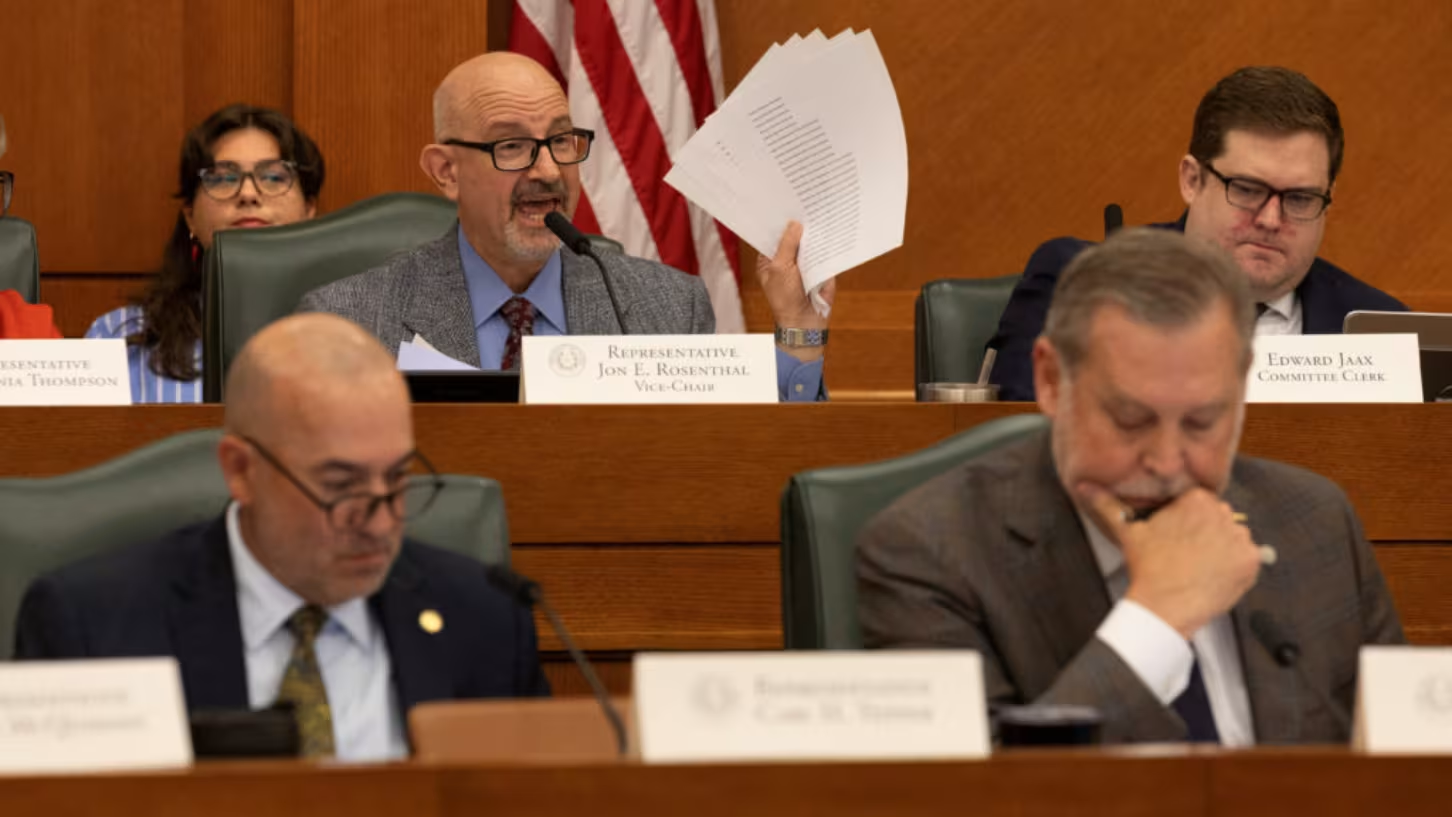Democrats flee Texas in a dramatic political protest that has captured nationwide headlines. On August three, 2025, fifty-one Democratic lawmakers from the Texas House fled the state to disclaim Republicans that the quorum had to skip a brand new congressional map widely viewed as favoring the GOP. This bold pass echoes past walkouts in 2021 and 2003, whilst Texas Democrats used absence as leverage in redistricting battles.
Democrats flee Texas – What’s the strategy?
The Democrats’ flee Texas protest is a strategic effort designed to block the passage of a Republican‑backed redistricting plan. In Texas, a two‑thirds quorum of the 150‑member House is required to hold a vote. By relocating to Illinois and denying attendance, the Democratic lawmakers aim to stall the special legislative session called by Governor Greg Abbott.
The new map would carve out five additional Republican‑leaning U.S. House districts, shifting the balance in Texas from 25 to as many as 30 GOP seats—a gain underpinned by President Trump’s endorsement.
Why redistricting is so controversial
Redistricting typically happens every ten years after the census. Mid‑decade redrawing is unusual and viewed as politically motivated. Critics argue that this map redraws Democratic strongholds—like parts of Austin and Houston—into majority‑Republican districts, while GOP‑friendly rural areas are folded into existing seats.
Democrats say the plan is an energy grab, while Republicans argue it displays population shifts. Interestingly, some Democratic-managed states, such as New York and California, use nonpartisan commissions to handle redistricting to restrict partisan influence.
Historical precedents for the protest
Texas Democrats have used walkouts as a legislative tactic before. In 2021, they fled to Washington, D.C., to block voting‑rights legislation; in 2003, they exited to Oklahoma to prevent a redistricting vote. Each time, the GOP ultimately succeeded, but Democrats view the tactic as a way to raise awareness and delay action.
Legal and political risks
Each absent lawmaker faces a potential daily fine—$500 per day imposed by Republicans. Texas Attorney General Ken Paxton has even threatened to arrest those who refuse to return, calling their actions “cowardly”. That legal threat creates high stakes, even if the lawmakers remain determined.
Implications for US national politics
The dispute in Texas spills into wider nationwide debates over gerrymandering and partisan redistricting. Republicans currently hold 219 out of 435 seats in the U.S. House; profits in Texas ought to upload buffers before the subsequent 12 months’ midterm elections, wherein they intend to defend their slender control.
Democrats warn that if unchecked, this sort of partisan mapmaking erodes voters’ trust and undermines representative democracy.
The protests by Democrats fleeing Texas are more than a dramatic news moment — it shows how a state-level fight over district power supplies can have an impact on national electricity. By taking walks out, the Texas Democrats intend to challenge what they view as unfair redistricting subsidized by GOP management and former President Trump. Whether the strategy succeeds or not, it raises pressing questions about the fairness, legality, and transparency of political mapmaking in America.



